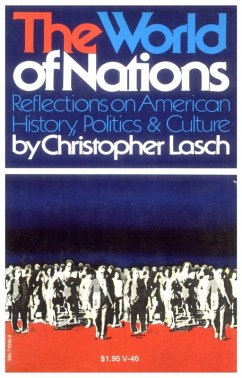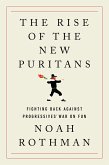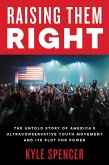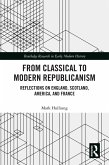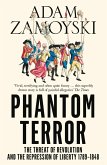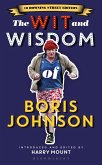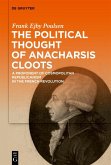The world of nations is the world men have made, in contrast to the world of nature. Seeking to understand the civil society Americans have made, Christopher Lasch, author of The Agony of the American Left, reexamines the liberal and radical traditions in the United States and the limitations of both, along the way challenging a number of accepted interpretations of American history.
Dieser Download kann aus rechtlichen Gründen nur mit Rechnungsadresse in A, B, BG, CY, CZ, D, DK, EW, E, FIN, F, GR, HR, H, IRL, I, LT, L, LR, M, NL, PL, P, R, S, SLO, SK ausgeliefert werden.

